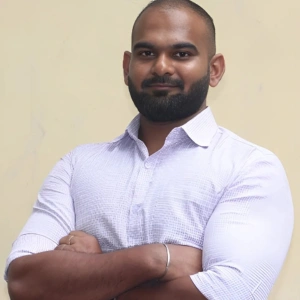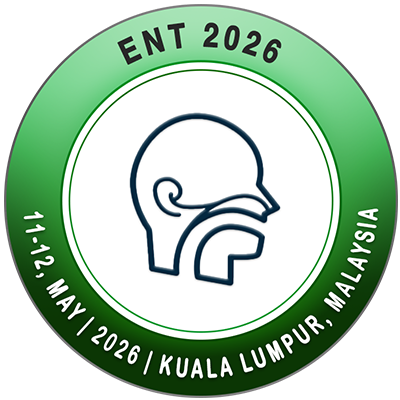
Sunder Bukya
Mahindra University, IndiaPresentation Title:
Speech and language outcomes in telugu speaking children with cochlear implants
Abstract
Cochlear implantation has significantly improved the auditory and speech development of children with hearing impairment, enabling them to acquire effective aural-oral communication skills. This study evaluates the speech perception and production abilities of Telugu-speaking children with hearing impairment who have undergone cochlear implantation. The research involved a sample of 50 children (aged 3–12 years) with prelingual severe-to-profound sensorineural hearing loss, all of whom received cochlear implants before age 5. A mixed-methods approach combined standardised speech perception tests (Category of Auditory Performance, Speech Intelligibility Rating) and linguistic assessments (Reynell Developmental Language Scales) with qualitative data from parental and therapist reports. Quantitative data were analysed using ANOVA to compare speech outcomes based on implantation age, duration of implant use, and auditory-verbal therapy (AVT) participation. The results indicate that 78% of children achieved intelligible speech, with 62% demonstrating near-normal auditory perception abilities. Children implanted before age 3 showed significantly better speech perception scores (p < 0.01) and phoneme accuracy (p < 0.05) compared to those implanted later.
Additionally, children who received intensive AVT (minimum 12 months) exhibited enhanced language development and spontaneous verbal communication compared to those with irregular therapy sessions. These findings highlight the critical role of early implantation and structured rehabilitation in optimising language acquisition. The study highlights the need for culturally adapted AVT programs tailored to Telugu-speaking children, ensuring maximised speech and language outcomes.
Biography
Dr. Sunder Bukya is an Assistant Professor in the Department of HSS at Mahindra University, Hyderabad, India. He holds a PhD in Cognitive Sciences from the University of Hyderabad, specializing in Cognitive Sciences, and completed a postdoctoral fellowship in Cognitive Linguistics. His research spans Cognitive Sciences, Speech Perception, NLP, and Audiology. He has published extensively in reputed journals and presented at international conferences in Brazil, Greece, Thailand, and Turkey. Dr. Bukya has also received the International Best-Case Study of the Year 2024 Award. His recent projects include AI-driven Indus Valley script decipherment, driving behaviour, and cognitive efficiency studies. His work integrates interdisciplinary approaches.


